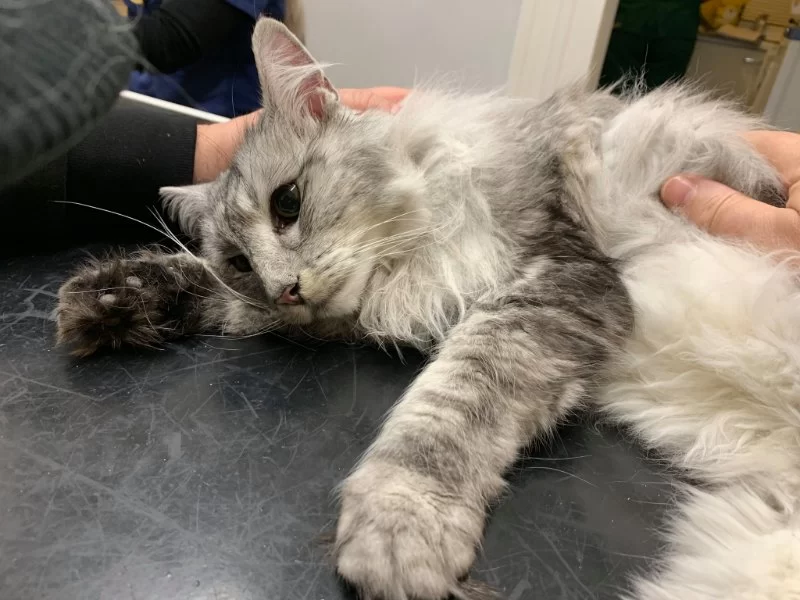- 1 - understanding-feline-hyperthyroidism
- 2 - common-symptoms-in-cats
- 3 - real-cases-of-hyperthyroidism
- 4 - treatment-options-for-feline-hyperthyroidism
- 5 - expert-advice-on-living-with-hyperthyroid-cats
- 6 - where-to-find-trusted-care
Understanding Feline Hyperthyroidism
What the condition means
How to recognize and treat feline hyperthyroidism begins with understanding the disease itself. Hyperthyroidism in cats occurs when the thyroid gland produces excess hormones, leading to an accelerated metabolism and a wide range of health complications.
Why early detection is important
Unchecked hyperthyroidism can stress the heart, kidneys, and overall immune system of a cat. Spotting it early gives veterinarians more treatment options and improves long-term outcomes.
Common Symptoms in Cats
Behavioral and physical changes
Cats with hyperthyroidism often show sudden weight loss despite having a strong appetite. Hyperactivity, restlessness, and vocalization are also common signs that owners may notice at home.
Subtle early indicators
Sometimes the symptoms are less obvious. Increased thirst, frequent urination, or a scruffy coat may all point toward thyroid disease. Pet parents should keep an eye out for changes that happen gradually.
Real Cases of Hyperthyroidism
One family in California noticed their 12-year-old tabby, Bella, becoming restless at night and losing weight despite constantly eating. After a vet visit, she was diagnosed with hyperthyroidism. Another case involved a rescue shelter in New York where several senior cats displayed symptoms; early detection allowed for timely treatment, increasing adoption chances. These real-life examples show how vital awareness is for cat owners.
Treatment Options for Feline Hyperthyroidism
Medication management
Oral or topical medications can regulate thyroid hormone production. These treatments are often effective but require consistent dosing and monitoring.
Surgical and radioactive iodine therapy
Radioactive iodine treatment is considered the gold standard for curing feline hyperthyroidism. It targets abnormal thyroid tissue while sparing healthy cells. Surgery may also be an option in certain cases, though it is less common today.
Dietary solutions
Specialized prescription diets low in iodine have been shown to control symptoms in some cats. This method may be suitable for older pets who cannot undergo intensive treatments.
Expert Advice on Living with Hyperthyroid Cats
Regular veterinary checkups
Monitoring hormone levels, heart health, and kidney function is crucial. Veterinarians often recommend bloodwork every few months after treatment begins.
Improving quality of life
Providing stress-free environments, balanced nutrition, and routine exercise can help cats with hyperthyroidism enjoy comfortable and healthy lives.
Where to Find Trusted Care
If you are learning how to recognize and treat feline hyperthyroidism, having expert support matters. Hidden Brook Veterinary 【 】 provides professional guidance, diagnostics, and treatment options to help your cat manage or even overcome thyroid disease with personalized care.
By combining awareness, timely veterinary intervention, and the right treatment path, cat owners can give their pets the best chance at a longer, healthier life.












